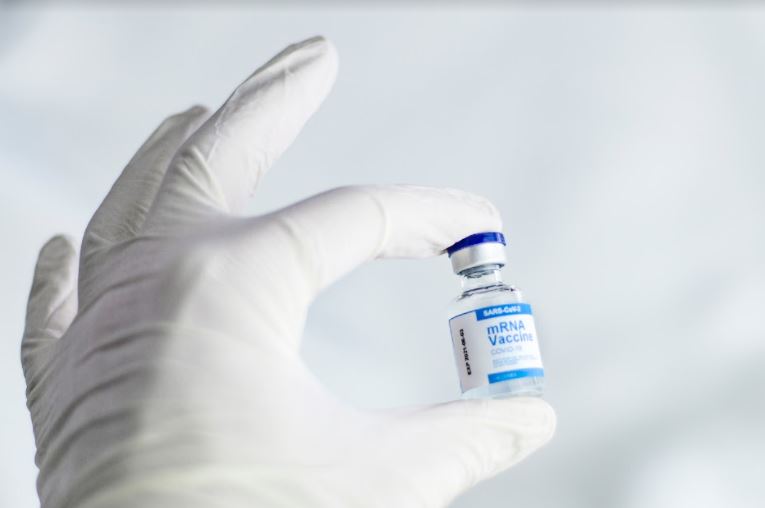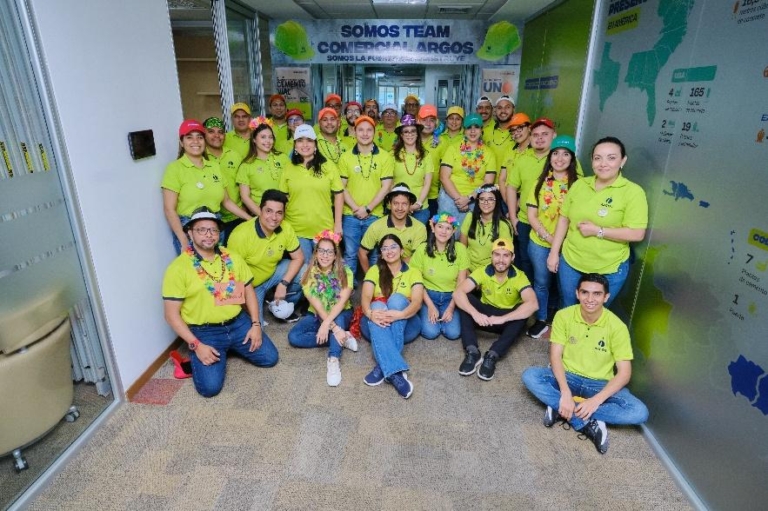According to the CDC, people 65 years and older, 50–64 years with underlying medical conditions, or 18 years and older who live in long-term care settings should receive a booster shot.
People 18 years and older should receive a booster shot at least 2 months after receiving their Johnson & Johnson/Janssen COVID-19 vaccine.
| IF YOU RECEIVED:
Pfizer-BioNTech or Moderna
|
IF YOU RECEIVED:
Johnson & Johnson’s Janssen You are eligible for a booster if you are:
When to get a booster:
Which booster should you get?
|

Choosing Your COVID-19 Booster Shot
You may choose which COVID-19 vaccine you receive as a booster shot. Some people may have a preference for the vaccine type that they originally received, and others may prefer to get a different booster.
Frequently Asked Questions:
Are booster shots the same formulation as existing vaccines?
Yes. COVID-19 booster shots are the same formulation as the current COVID-19 vaccines. However, in the case of the Moderna COVID-19 vaccine booster shot, it is half the dose of the vaccine people get for their initial series.

If we need a booster shot, are the vaccines working?
Yes. COVID-19 vaccines are working well to prevent severe illness, hospitalization, and death, even against the widely circulating Delta variant. However, public health experts are starting to see reduced protection, especially among certain populations, against mild and moderate disease.
Am I still considered “fully vaccinated” if I don’t get a booster shot?
Yes. Everyone is still considered fully vaccinated two weeks after their second dose in a 2-shot series, such as the Pfizer-BioNTech or Moderna vaccines, or two weeks after a single-dose vaccine, such as the J&J/Janssen vaccine.















